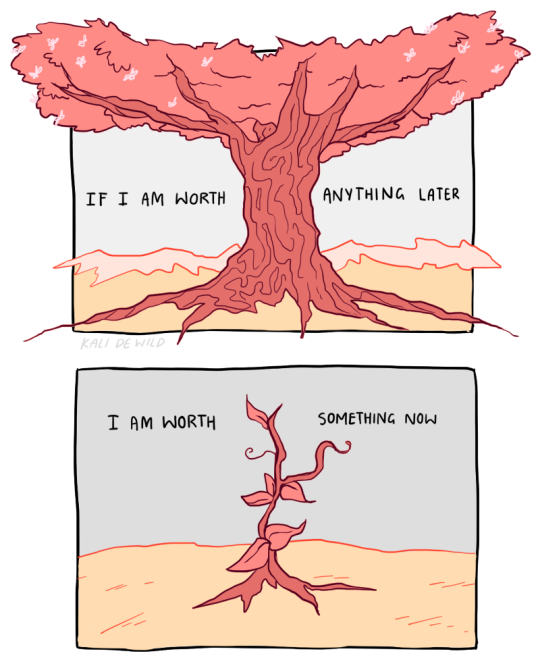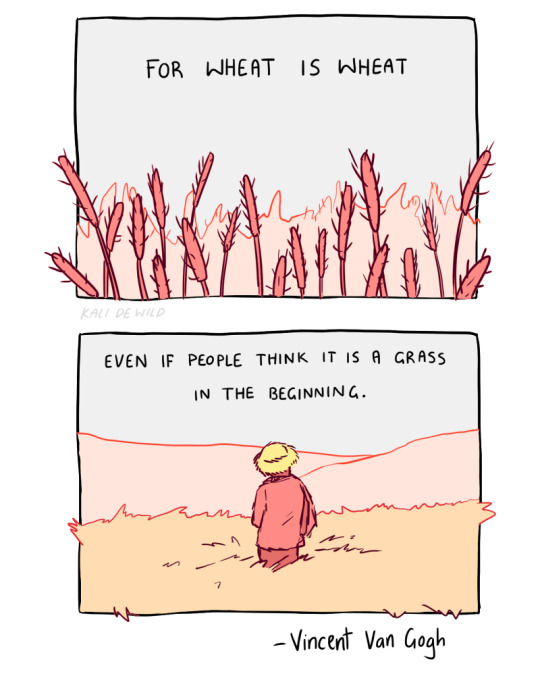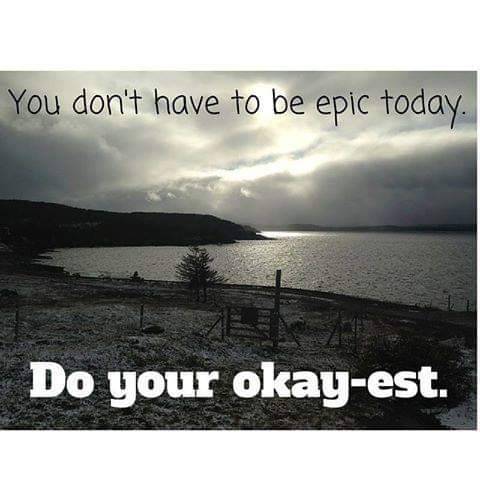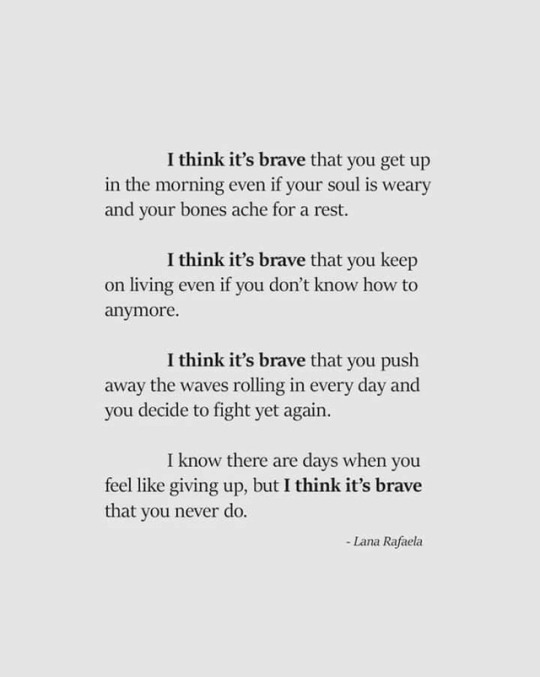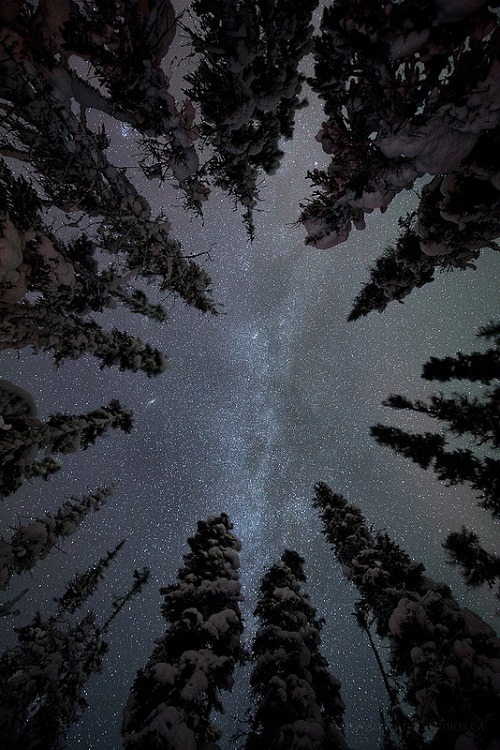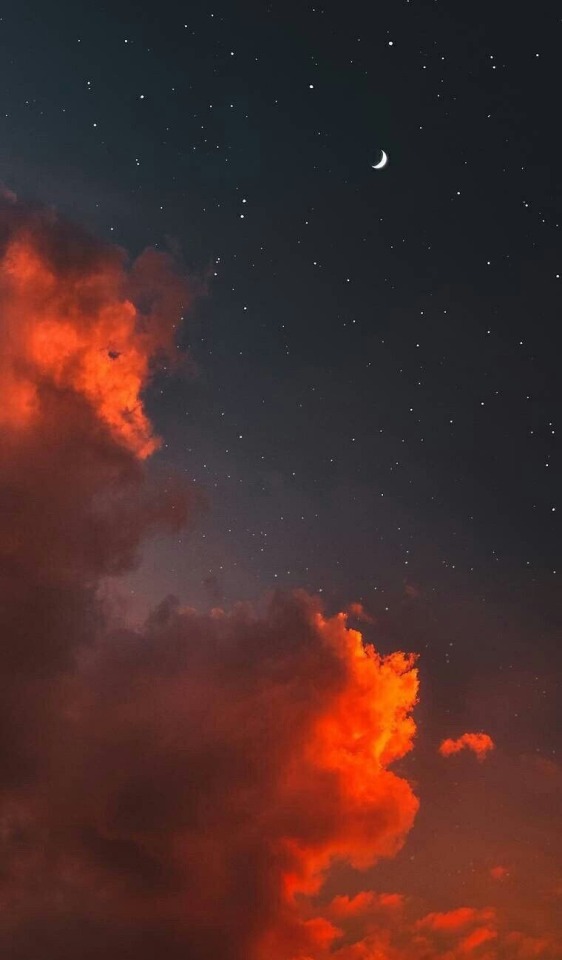My name is Paul. Thank you for your time. This blog has become more eclectic than I originally intended. I collect only landscapes and nature photography at http://www.tumblr.com/blog/preciousplanet If you're looking for the rude stuff, that's here http://dimensional-erotic.tumblr.com/
Don't wanna be here? Send us removal request.
Text
Book Review: Prisoners of Geography by Tim Marshall
Tim Marshall presents an interesting book showing how, in so many ways, geography is destiny, how climate, along with access to arable land, navigable rivers, and suitable coastal seaports determines the level of success a nation can achieve and indeed - along with the seas, rivers, deserts and mountains that border it - the reasons a given area will even become a nation.
This in itself should not be especially revelatory - in his wonderful Guns, Germs, and Steel: The Fates of Human Societies Jared Diamond give an extraordinarily well argued case of how these factors have shaped the history of humankind, and Marshall references this - but here the writer gives ten specific examples, focusing on recent history, current geopolitics, and the future. He is making the point that these factors seem to be something we have forgotten, that we have been blinded by the power of technology and how much it has shrunk the globe but, in fact, power - either economic or military - still relies on moving large amounts of material by land and/or sea.
He covers such things as Russia's lack of a warm-water port and single point of easy land access to Europe via the Northern European Plain and how this explains that Putin's focus on Ukraine is at least as much tactical as ideological. Why India and China have never had a major conflict, separated as they are by the greatest mountain range on Earth. Why any talk of a Latin American great economic power is premature to say the least, due to the all but insuperable terrain and, well, that it's just so damned far from the rest of world. How, once it gained control of the landmass via clever dealing/luck/genocide the United States was almost guaranteed dominance due to the terrain, climate, and positioning. (As an aside, he points out that annexing of Texas in 1836 was a close thing; how much would an opposite outcome have changed things?)
Marshall writes with clarity but, surprisingly given his pedigree as a journalist, rather drily. Perhaps this is a stylistic choice to let his assertions speak for themselves and grip the reader, which they generally do. While he mentions trade rather a lot, and food production and water availability, his focus is largely on how geography affects military movements (Russian tanks across the aforementioned Northern European Plain, Chinese warships through the Straits of Malacca, etc) and the transport of oil and gas. That this last currently tops all else for importance is difficult to argue with - the modern, and modernising, world runs on energy and fossil fuels are currently cheap and plentiful and (barring the increasingly obvious side effects of their use) incredibly efficient. Marshall seems to be implying increases in fossil fuel use - references to expansion of fields in South America, Africa, and the Arctic in particular - and not only is this depressing but his predictions barely touch on the effect of this use, and don't seem to account for the changes in climate in sea levels that they will bring.
This edition was revised in 2016, and I was constantly reminded of how some things have changed since publication. That Crimea is now part of Russia a startling but minor change. What kept leaping out were the points when discussing US influence around the world. For instance, in the sections on China and Korea & Japan, much was made of China's aggression nautical expansion and the pressure it is putting on its neighbours - throwing money at Pakistan and other places to develop friendly ports, or the threats toward South Korea, Japan, Taiwan and the rest. The author regularly states that there is no percentage in countries switching allegiance despite China's best efforts while the US has their backs, and I could not help but think of Donald Trump's systematic dismantling of American diplomacy and soft power. OK, he may be out of the way in two years (or less!) but trust is easily lost and difficult to regain. When faced with both carrots and sticks from the new Asian proto-superpower and uncertainty on the reliability of the existing American one, it may not be a difficult decision. After all, to refocus and repurpose a quote from the book, "Beijing is close, and Washington is far away."
3.5 stars
1 note
·
View note
Text
An open letter to Jeremy Corbyn
Dear Mr Corbyn
I have always been a socialist, and have almost always voted Labour ( the exceptions being voting tactically in an area Labour could not win, and in some local elections ), but I only became a Labour party member to support your candidacy. I, along with so many others, saw you as someone who would return Labour to its correct place, to fight for a fairer society and for the majority of British people who have not been represented in politics in recent decades, and in your promise to return to being a party led by the will of its members.
And you have fought for these things. You have shown Labour to be a strong, radical, socialist alternative. You have withstood attacks from the right wing of your own party and the constant denigration by the British media, and I have been proud to be one of your supporters. However, your recent comment on Brexit is not only a failure of your party membership, but a betrayal of us.
The vast majority of the Labour membership - 86% of us - are in favour of a referendum on details of the withdrawal agreement and that one of the options should be to remain in the EU. Many have been pinning our hopes to end this self immolation on Labour, so to be told by the leader that Brexit would still go ahead under a Labour victory in a snap general election is the most shocking betrayal.
Mr Corbyn, one of your greatest features is the strength of your convictions, and I understand that the history of the British left has not alway been easy with the EU - seeing it, not always wrongly, as a neo-liberal capitalist mission. This has been, and is, one aspect of the whole, but it is at tension with others; human rights, social progress, regulation of the excesses of corporate power. The EU comprises the most progressive nations on the planet as members - Sweden, Finland, Belgium, the Netherlands, Germany - or close associates, such as Norway. All these countries and more are far to the left of where the UK has been for decades, and should be models we emulate, so to pretend the club of which they are members and, indeed, run is some capitalist conspiracy is ludicrous. The EU is project is an active entity, shaped by and shaping the members and a socialist-lead UK should be part of that.
There is the argument that Labour represents many areas that voted Leave, so is beholden to its constituents. On the face of it this is a sound argument - we are an representative democracy whose politicians are elected to conduct the will of the people. However, leaders must also lead. It is often a fine balance - to serve but also educate and inform. In this instance, this is nothing but an excuse and rank cowardice. It is clear that, not only were the British people misled and lied to, but that there is no possible outcome of leaving the EU that does not render vast swathes of the country much, much worse off - and those working-class, under-privileged, poor communities that so often voted leave will be and are being hit hardest of all. It is the duty of those who represent these communities - as so many of the Labour MPs are doing - to talk honestly to their electors about the position in which we find ourselves and what the immediate decisions for our future, and that of our children and grandchildren.
Brexit is the most immediate threat to this country’s well being and prosperity. Mr Corbyn, as leader of the opposition, as leader of the party that should represent those most at risk, you should about face on your attitude. For the members of your party and for the good of your country, you should - you MUST - state that you will fight Brexit until there is no other choice. How can 86% of your own party support you otherwise?
#brexit#left against brexit#politics#UK politics#europe#eu#european union#socialism#Labour Party#labour
16 notes
·
View notes
Text
What to do when you lack discipline
1. Forgive yourself. You aren’t perfect. No one is. Recognise that beating yourself up will only make things worse. Instead, forgive yourself, and then decide to just move on.
2. Focus on motivation. Without motivation, you can’t do anything. It’s much more powerful than self-discipline. So when things get tough, remind yourself of why life will be better if you reach your goal.
3. Make it easy. Discipline is tough so remove some obstacles. For example, if you’re having a hard time exercising, make it super easy by just doing 5 minutes to start with. If you can make that change for 30 days in a row, you’ll have developed a new habit.
4. Focus on enjoyment. It’s hard to push yourself — and to have self-discipline — when you hate doing something, or you see it as a drag. So do whatever you can to create a sense of fun. For example, if you don’t like exercise, find some good music, or a workout partner, and focus on that part of the activity.
5. Repeat. You’ll almost inevitably slip up from time to time, no matter how good, and committed, you are. Just get up, get going, and keeping marching straight ahead.
Source: http://zenhabits.net/6-small-things-you-can-do-when-you-lack-discipline/ (Adapted)
2K notes
·
View notes
Text
How to Make Yourself Do What You Don’t Want To Do
1. Rather than listening to the voice in your head that is screaming “I hate this; I don’t want to do this” think about why it is a GOOD thing to do.
2. Instead of trying to pretend that you don’t feel this way, accept that you are feeling very blah and negative.
3. Don’t think about results and how well you think you’ll do, as this could raise your feelings of anxiety and fear, just think about “right now” and the first thing you can do.
4. Accept that life is tough, and is full of things that suck – but recognise that doing hard stuff is better in the end. You’ll likely have more choices and freedom, if you do.
5. Just do a little bit for now – then give yourself a proper break – then go back and do some more – and soon you’ll find you’re in the flow.
6. Don’t allow your mind to wander and think of other things. Stay focused for that short time – and then stop, and have fun.
8K notes
·
View notes
Text
Book Review: The Book of the Unnamed Midwife by Meg Elison: Marginally less bleak than The Road
Perhaps it's not surprising that a book set during and after an apocalypse is bleak, and this is less bleak than Cormac McCarthy's The Road, but in many ways it's still a book that I'm not sure the word 'enjoy' attaches to.
A sudden, rampant plague starts to kill people in massive numbers. Women seem even more effected than men, perhaps only a tenth as many surviving, and not a single child survives birth.
A maternity nurse recovers from the fever, waking in her apartment to witness that the ravages she had been trying to treat - or ameliorate - have left devastation. Her first encounter with another human being is an attempted rape, and she quickly decides to disguise herself as a man for safety.
Her travels to eventual safety are fraught and disturbing. ( This is not a spoiler, by the way; the novel is prefaced with a future monastery-like scene where a woman leads some boys in making copies of the Book of the Unnamed Midwife, so we know there is some sort of continuation ).
One thing that gave me pause - not while I was reading it, as the writing is of such a high quality that it wasn't until I paused that questions came - is that in the first part of the book her encounters with men portray them almost exclusively as wanting to rape and and own and control the few remaining women in the most horrific ways. I don't think the evidence of how the vast majority of people behave after disasters maps onto this (although this is of a scale unseen; I know complete devastation has happened more locally and would be interested to see if there is a difference) but then I began to see this as much of a metaphor for toxic masculinity as anything else. If this were written by a man it would probably come across as some awful rape fantasy like those appalling Gor books.
As the story progresses we get asides, mentioning what happens to some of the people the wanderer ( she chooses different names constantly, and I do like how Elison then sticks to that name while it is in use ) or just to mention what is happening in other parts of the world - all of which tend to be at least as bleak as the main narrative.
Well worth reading - but, of course, bear in mind the sexual violence warning, and general timbre - but I think I'm genuinely looking to the next volume. I'm hoping this will be less bleak.
original review on goodreads
https://www.goodreads.com/review/show/2485957571?
7 notes
·
View notes
Text
A Sunday bike ride on the road and in the woods
I've been on the road bike a lot recently, so decided to take my trusty Kona today to give me more variety - and, hopefully, stay more in the woodland shade. Out through Beeley Woods, then the climb to Wharncliffe and the cinder roads, which then joins the trail made on the route of the old rail line. I used to come out this way a lot, but the trail has been even further improved - the surface, far more seating areas and informational signage, a few "Wild Wood!" trails for kids through areas of coppiced birch. The main trail is mainly gravel packed into the dirt, which has worn away on some stretches and occasionally narrows to less than two metres. My 29" wheels eat it up whatever, and it's smooth enough that I lock out my suspension.
I suspected I'd get the 19 km to Penistone and head back from there by road ( I have an almost pathological aversion to returning by the same route if I can possibly avoid it ) but carried on out on the long curve of the Trans Pennine Trail section of the National Cycle Network until it hit road at Dunford Bridge and then a climb and drop to meet the A628 Woodhead Road.
It took a real effort of will to turn left toward home instead of taking the long, glorious loop above the Bleaklow Moor out toward Manchester, to circle back via Glossop, the Snake and Ladybower, but I sensibly turned left.
A phenomenal fast descent on the road - easily topping 50 kph on the mountain bike, I'd probably have reached seventy had I been on the Tifosi. Not a huge amount of traffic, but some drivers really have no idea about passing. The closest was one tiny hatchback whose wing mirror actually passed below my jutting elbow.
I decided against joining the trails that lead south a couple of km down, as from memory they get pretty extreme, climbing and dipping over the valleys formed by various streams, instead joining a gentler bridleway that lead to Langsett Reservoir, then a mix of trails and glorious back roads past Upper Midhope, Midhopestones and Underbank to Bolsterstone, again unfortunately missing the Male Voice Choir practice.
The long fast drop to Wharncliffe Side ( slightly held up behind a BMW being sensibly cautious inits descent ) and I'm all but home. Feeling it a little in my legs, but managed a final climb up Langsett Avenue which is quite pleasing after by far m longest ride in some years.
It's almost like my summer Sunday mornings as a kid. I'd rise early and head out on my Carlton racer to Castleton, Glossop, Wakefield - sometimes the same trans-moor loop that formed part of my return today - to get back for 2 PM and my mum's enormous Sunday dinner. No wonder people would joke I must have hollow legs from the amount I ate. I kind of wish I'd had this mapping technology then. to see the hours and distance I managed in my early teens, those three and four and five our rides, or other times exploring the city or heading down into Derbyshire. But, had these technologies been around perhaps I'd have been distracted by other things and those rides may not have happened.
Ride and pics at https://www.strava.com/activities/1688872959
#cycle cycling Mountain Bike Sheffield South Yorkshire Wharnecliffe#trans pennine trail#national cycle network
6 notes
·
View notes
Text
Book review: Gnomon by Nick Harkaway: Catabasis for Democracy, with Shark
I'll admit up front that Harkaway's debut, The Gone-Away World, is one of my favourite books and his subsequent novels aren't too shabby either, but his fourth is quite remarkable. It is set partially in a near-future Britain run by the System, a data network that both organises the citizenry into an active direct democracy and keeps their lives efficient and safe. Data privacy is a thing of the past; you can query someone's identity and life by direct access to the System and Harkaway skillfully shows how this affects social mores.
This set up, of course, immediately makes the hairs of discomfort prickle on the napes of our necks; whether liberal or conservative or whatever mix, such phrases as "if you have nothing to hide you have nothing to fear", "Those who give up liberty for safety, deserve neither" and "Panopticon" cannot help but spring to mind, thought the author does an excellent job of being even-handed in his presentation of the view.
The book starts with a death of a subject in interrogation by the Witness, the security arm of the System. This is presented as a unique occurrence, and immediately taken seriously and handed to the talented and driven Inspector Mielikki Neith. The manner of the interrogation is disturbing and reinforces fears about the ubiquitously invasive arm of the state, but this is leavened over time by the seriousness with which this event is treated and, well, by the fact that the System seems to work, and seems to be benevolent and effective.
I had said the book is set partially here. We soon are introduced to narratives which seem entirely unrelated - centred around a brilliant Greek mathematician who, following personal tragedy, has turned his skills to the stock market; the former lover of the 4th/5th century Bishop Augustine of Hippo, herself a philosopher and alchemist; and a talented Ethiopian artist who (barely) escaped his country for England in the political chaos following the fall of Haile Selassie.
Each thread is superbly written, capturing the differing voices and setting and moods. The writing contains a density of allusion and meaning and texture - yet with a lightness of touch - that immediately brought to mind Umberto Eco or Neal Stephenson at his more focused, and Paul Auster. It seems clear that these stories cannot be divergent and Harkaway indeed begins to weaves threads between them, though some of the clues turn out to be fish that, at the least, seem to be scarlet in certain light.
In weaving the threads together we are treated to an exploration of liberty versus safety and convenience, public transparency and the dangers of the malicious hacking of the democratic process (I cannot possibly imagine where that last idea came from...) but, as well as the clues to the central mystery, the nested narratives also show real human stories of tragedy and love and loss and betrayal and reconciliation and hope. There are also some beautiful metaphors about books, and the power of good ideas and arguments to succeed by literally changing the person who hears them.
This novel is a tour-de-force, brilliant and important and a bloody fantastic read. It could be argued that, toward the end, Harkaway explains things a little too clearly and leaves less ambiguity than Eco or Auster would, but this is, I think, due to the wider audience for whom he is writing; frankly, this book already asks a great deal of the reader and such ambiguities on top of that are not to the taste of a lot of people. However, this book deserves plaudits and huge sales and awards scifi and literary alike. It will stay with me for a long time and I am sure that, when i re-read it, I will find layers I missed this time around.
A word on format. I read this on my Kindle, partly as the 700 page paperback appears to be printed in 8-point font (yes, the info page says 11.5-point, but I suspect that to be the System gaslighting me) and found this all the more useful as I could immediately check unfamiliar words and references. If you are reading a hard copy and don't have a thorough knowledge of Greek mythology, I suggest keeping close to wikipedia.
( originally published on goodreads https://www.goodreads.com/review/show/2059658585?book_show_action=false&from_review_page=1 )
2 notes
·
View notes
Photo
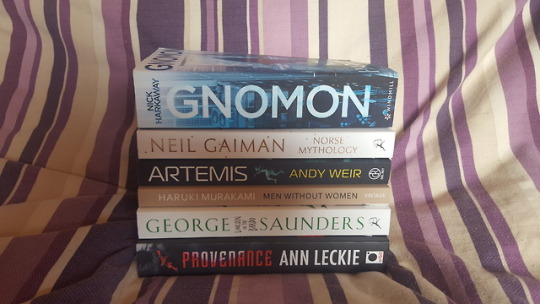
I may have been into #Waterstones on my lunch break...
6 notes
·
View notes
